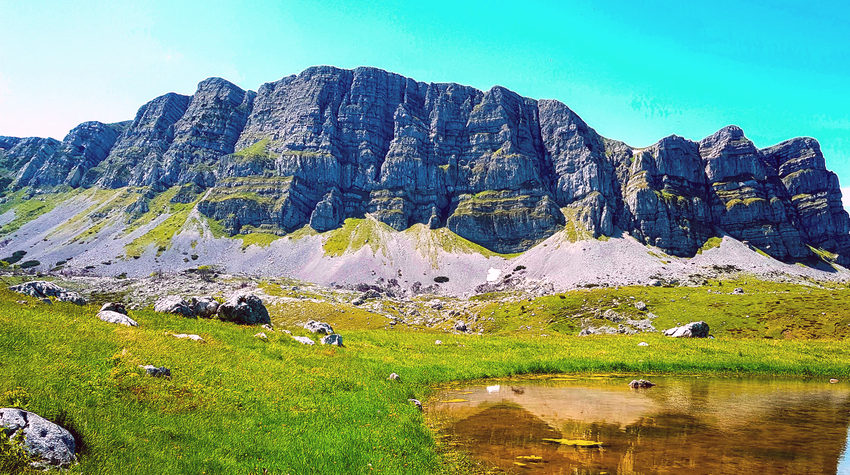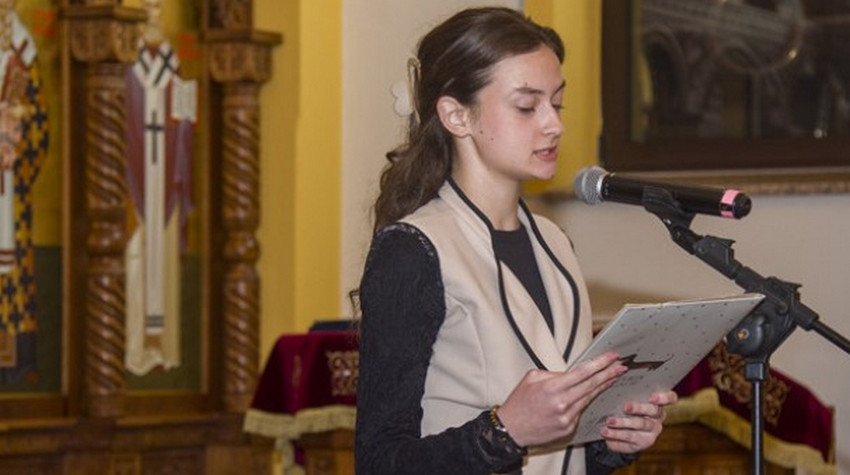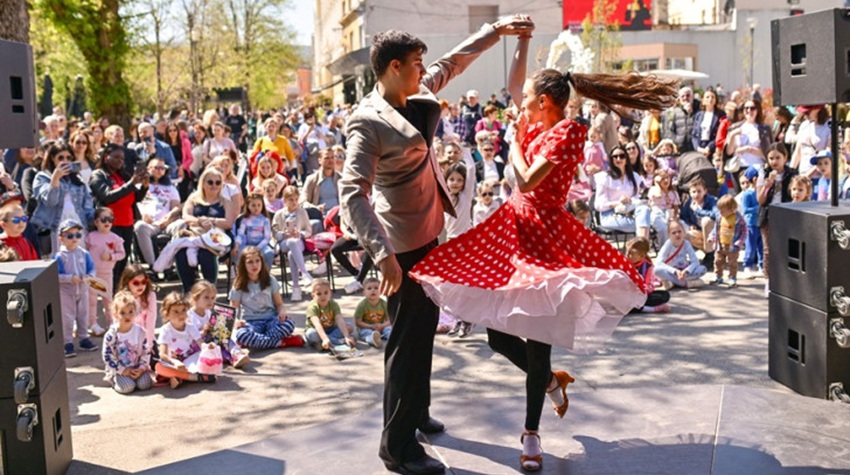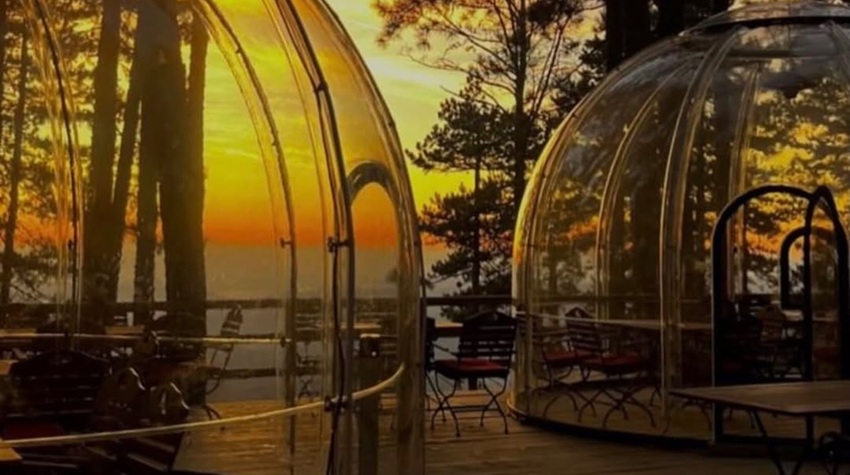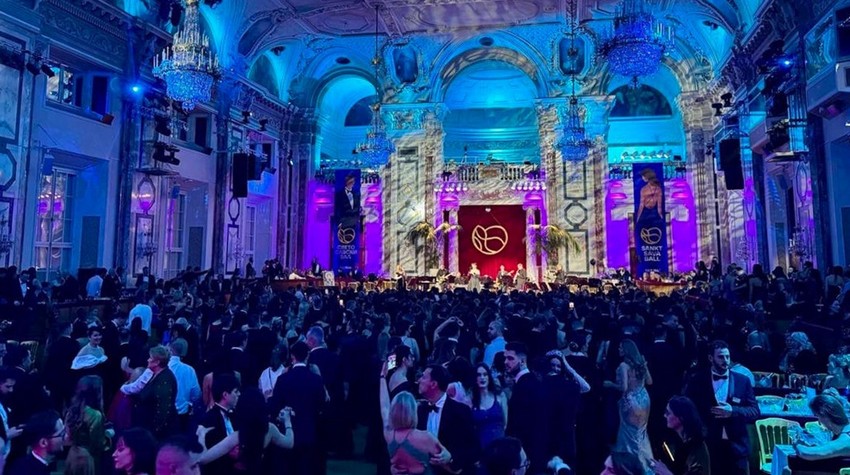TOURISM IN SRPSKA ON THE RISE: TOURIST TAX REVENUES EXCEED 1.7 MILLION BAM
Tourism revenues in Republika Srpska are on a constant upward trend, as demonstrated by the tourist tax revenue reaching 1.7 million BAM in the first nine months of this year, an increase of 5.26% over the same period last year.
The RS Ministry of Trade and Tourism noted in an interview with Glas Srpske that tourist tax revenue reached 1.62 million BAM in the first nine months of 2023, with a total of 2.15 million BAM collected by the end of the previous year. Supporting these figures, from January to September, Srpska recorded 376,806 tourist arrivals and 910,391 overnight stays, marking a 1.3% increase in arrivals and a 5% rise in overnight stays compared to last year’s same period.
"From a broader perspective, tourism revenues in Srpska have reached multimillion levels, with the average cost of an overnight stay varying by location, type of accommodation, and season. Generally, prices range from around 30 to 150 BAM per night. Multiplying this average by the total number of overnight stays—910,391—we see a substantial tourism income,” noted the Ministry.
Additionally, the average daily expenditure on goods and services outside of accommodation ranges from 20 to 150 BAM per visitor, creating another substantial revenue stream based on total overnight stays.
"Non-accommodation spending includes tourists' expenses on food, beverages, activities, souvenirs, and transportation. This amount can vary significantly depending on the type of tourism, location, and individual preferences of visitors. These revenues benefit both the public and private sectors in Srpska," the ministry explained, adding that the government is continually working to improve infrastructure and promote tourism resources.
Economist's Perspective
Economist Aleksandar Ljuboja remarked to Glas Srpske that these figures could easily be tripled if the importance and potential of tourism as an economic sector had been recognized much earlier.
"Tourism is a sector we haven’t invested in or developed. Globally, before the pandemic, tourism was the third-largest industry. Srpska is a safe destination, strategically well-positioned, close to the sea and mountains, with more affordable services of relatively good quality that we must constantly improve. Imagine how high these numbers would be if we had invested more in this sector," Ljuboja emphasized.
He added that Srpska remains an undiscovered destination, needing extensive work on promotion, development of air traffic, road infrastructure, and continual investment.
"Tourism is an underestimated industry in our region, but we have immense potential. Worldwide, tourism is a sector that generates substantial revenue," concluded Ljuboja.
Proposed Legislative Changes
The RS Ministry of Trade and Tourism emphasized that by the end of the year, a proposed law on amendments to the Law on Tourist Tax would be presented to the National Assembly, aiming to end the flat-rate exemption for "apartment-per-day" service providers, thereby increasing the scope of tourist tax contributions.
"The amendments will also increase the taxable amounts, which will, in turn, contribute to higher tourism revenue. Additionally, with the new Hospitality Law passed earlier this year, a Central Information System was introduced to combat the gray economy and further increase tourism revenue," the ministry said.


